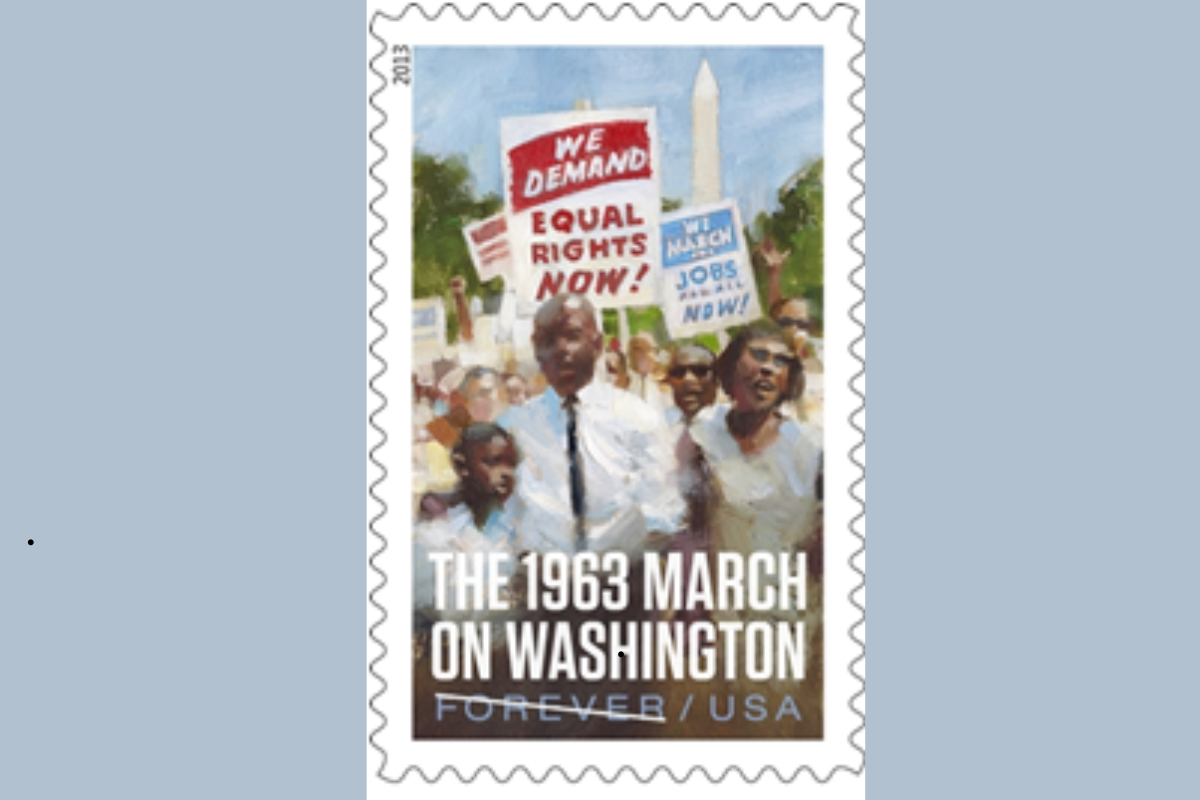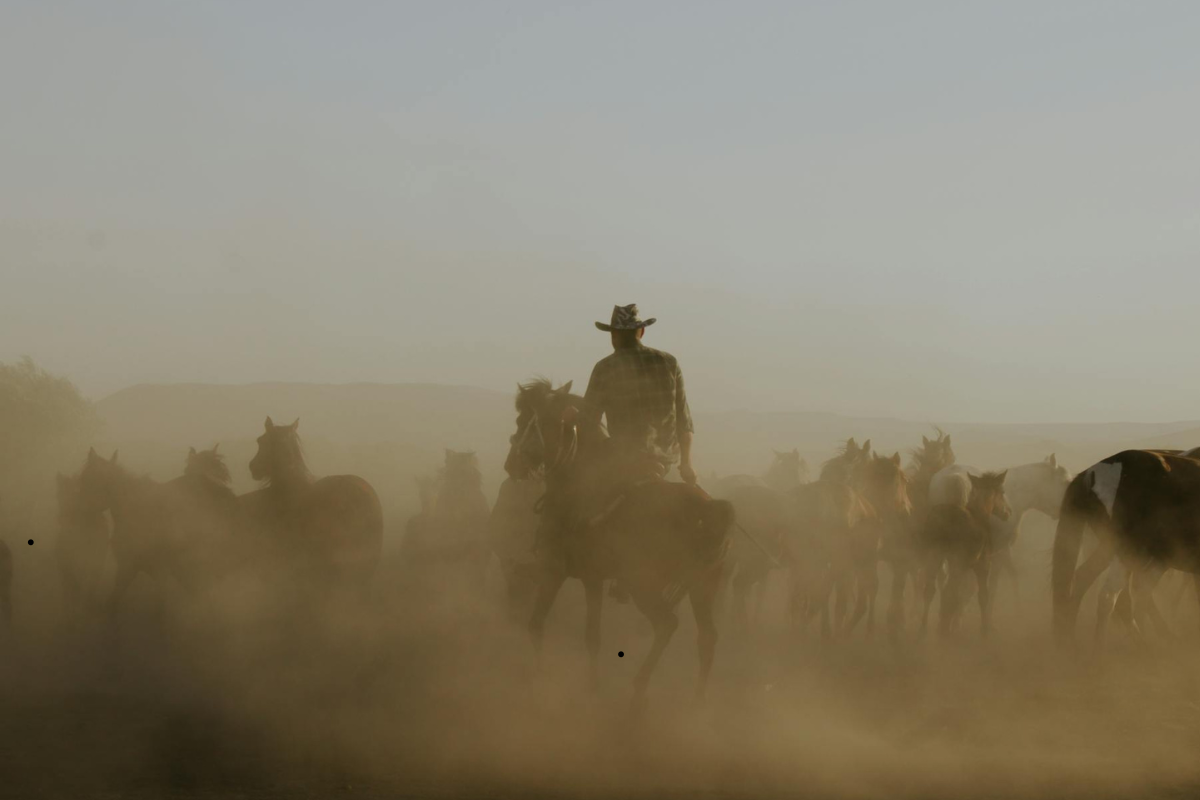Martin v. Hunter’s Lessee (1816)
In its early years, the U.S. Supreme Court faced the challenge of deciding cases that were inextricably linked, those that had a significant bearing on its role in the American political system and those that involved the relationship between the national government and the states. The Anti-Federalist worried that in settling disputes between the national government and the states the federal courts would tip the scales of justice in favor of the former while aggrandizing the power of the federal judiciary. Allowing a part of the national government to decide such cases would move gradually the balance of power between the two levels of government in favor of the national government to the point of creating a unitary state in place of a federal system.
In Marbury v. Madison (1803), the Court established its power of judicial review and raised its profile in the constitutional system of checks and balances. In Fletcher v. Peck (1810), the Court struck down a Georgia state law and established its constitutional authority in matters that involved constitutional law and state power. The blossoming of federal judicial power was incremental. Marbury v. Madison and Fletcher v. Peck were not the end of challenges to the Supreme Court’s authority or to efforts to narrowly construe or depreciate its role in American politics. They were only the beginning of cases that shaped the federal character of the American political system. Martin v. Hunter’s Lessee (1816) illustrates the point.
The legal dispute in Martin v. Hunter’s Lessee had implications for both the federal judiciary’s role in the American constitutional system and the evolution of national and state power. Early Supreme Court Justices may not have decided specific legal disputes because of these larger implications—the effect on the evolution of national and state power may have been accidental—but it is likely no coincidence that Federalist-appointed Justices such as John Marshall decided cases in ways that expanded federal power.
Although the sitting Chief Justice of the Supreme Court when Martin v. Hunter’s Lessee was decided, Marshall played no direct part in deciding the case. The Court’s opinion was written by Joseph Story, appointed to the Supreme Court by President James Madison. Chief Justice Marshall recused himself from the case, given his financial stake in its outcome. Under the authority of the Virginia Act of 1779, Virginia confiscated land owned by British Loyalist Lord Fairfax during the War for Independence and sold or distributed it to Americans such as David Hunter. Marshall, however, purchased land from Fairfax and would benefit if the Court ruled for Denny Martin, Fairfax’s nephew who claimed legal title to the land in dispute. Martin was a British subject who did not, like his uncle, reside in America.
Story had a reputation among states’ rights advocates for being a consolidationist; they claimed that he favored national over state power to the point of obliterating state sovereignty. He stoked those suspicions when he pronounced in his opinion that “The constitution of the United States was ordained and established, not by the states in their sovereign capacities, but emphatically, as the preamble of the constitution declares, by ‘the people of the United States.’”
Martin v. Hunter’s Lessee derived from a previous case Fairfax’s Devisee v. Hunter’s Lessee (1813) in which the Supreme Court ruled that Virginia was required to restore land rights that were passed from British Loyalists (such as Lord Fairfax) to others (such as Denny Martin and John Marshall). The Virginia Supreme Court had ruled that Martin, a foreign citizen, could not legally inherit Virginia land and that the Treaty of Paris and Jay Treaty were not controlling in Virginia. Virginia courts not only refused to comply with the Supreme Court’s ruling, they also claimed the power to invalidate federal law, in this instance Section 25 of the Judiciary Act of 1789 that gave federal courts appellate jurisdiction in cases decided by state supreme courts. Virginia tried unsuccessfully to pressure Congress to repeal Section 25. Consequently, Martin v. Hunter’s Lessee was as much about the jurisdiction of the U.S. Supreme Court as it was the legal dispute between Denny Martin (and his heir Phillip Martin) and David Hunter/Virginia. When the Virginia Supreme Court affirmed Virginia’s claim of legal authority to confiscate Loyalist-owned land during and after the War for Independence, it was in contradiction with both federal law and federal treaties. When the U.S. Supreme Court overturned a state court ruling in Fairfax’s Devisee v. Hunter’s Lessee and remanded the case back to the Virginia Court of Appeals, the latter court refused to comply with the federal ruling. Martin v. Hunter’s Lessee is the consequence of the Virginia court’s refusal to comply with the SCOTUS ruling.
Story’s opinion in Martin v. Hunter’s Lessee clearly stated that the Constitution gives Congress power to regulate the Supreme Court’s appellate jurisdiction and that Section 25 of the Judiciary Act of 1789 did just that. It, therefore, was valid law that states were obligated to follow, contrary to the opinion of the Virginia court. State compliance with the Judiciary Act of 1789 was not sufficient in Story’s mind. He also suggested that Congress restore a more robust reading of the federal judiciary’s appellate jurisdiction described in Article III of the Constitution, what he termed “the whole judicial power [emphasis original],” that it abandoned when it repealed the Judiciary Act of 1801. While Congress has the power to regulate the Supreme Court’s appellate jurisdiction, it is obligated by Article III to vest the federal courts with complete judicial power. To read Article III otherwise, would neuter the federal judiciary’s jurisdiction. Moreover, Story states that “the judicial power of the United States is unavoidably, in some cases, exclusive of all state authority, and in all others, may be made so at the election of congress.” In cases where jurisdiction is concurrent (held by state and federal courts), the federal courts are superior. In state cases involving federal and constitutional law, state judges are obligated to follow Article VI’s Supremacy Clause.
In addition, Story argued that the status of Loyalist land was settled by the Treaty of Paris (1783) and the Jay Treaty (1794) both of which protected Loyalist land claims and contradicted Virginia law. Finally, Story invoked the Supremacy Clause tying together Congress’s power to regulate the Supreme Court’s appellate jurisdiction, the two treaties, and the obligation of states to comply with federal courts’ rulings.
As important as the Court’s ruling for Martin, is its justification for the decision. Justice Story could have justified the ruling on more limited constitutional grounds as Justice William Johnson did in his concurring opinion. Story’s tendency, however, was to lay on the national supremacy paint as thick as possible. He stated that “It is the voice of the whole American people solemnly declared, in establishing one great department of that government [the judiciary] which was, in many respects, national, and in all, supreme. It is a part of the very same instrument which was to act not merely upon individuals, but upon states; and to deprive them altogether of the exercise of some powers of sovereignty, and to restrain and regulate them in the exercise of others.” While Story invoked the Tenth Amendment and acknowledged a domain of state sovereignty, he argued that in the areas of law in which the federal government has sovereignty, it is supreme. Consequently, in Story’s interpretation of the Constitution, the appellate jurisdiction of the Supreme Court extended to state court decisions in addition to federal court decisions and the Supreme Court had the power to enforce the constitutional obligations of state court judges. In his opinion in Cohens v. Virginia (1821), Chief Justice Marshall extended the federal judiciary’s jurisdiction over state cases involving criminal law.
Professor of Political Science at Middle Tennessee State University
Related Essays




